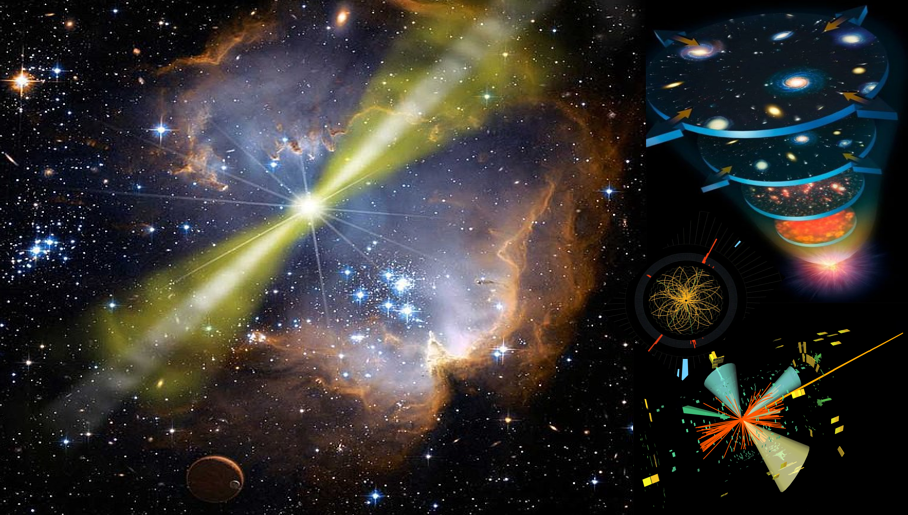Speaker
Description
Neutrino experiments based on water-Cherenkov detectors have made significant contributions
to our understanding of neutrino physics, but they face challenges in accurately modeling
detector systematic parameters due to their large size and the smallness of the cross-section
for weak interactions. While these experiments have achieved remarkable successes in the
past, the future era of precision neutrino physics demands innovative techniques to better
comprehend detector systematic uncertainties.
In this talk, I will present modern ideas to represent neutrino event topologies in preparation
for the Hyper-Kamiokande experiment. Hyper-Kamiokande, a next-generation underground
water-Cherenkov detector, is poised to begin construction in the near future and will
serve as a far detector, positioned 295 km away, for a long baseline neutrino experiment utilizing
the upgraded J-PARC beam in Japan. Moreover, it will have the capability to detect
proton decay, atmospheric neutrinos, and neutrinos from astronomical sources with unprecedented
sensitivity compared to its predecessor, Super-Kamiokande.
To address the challenges of modeling systematic uncertainties, I will explore the application
of view rendering techniques, including Neural Radiance Field (NeRF), which can
implicitly encode crucial detector parameters such as water attenuation length and scattering.
Furthermore, these techniques can be employed in event reconstruction, generating new events
to enhance the understanding of systematic uncertainties. The ongoing work presented here
aims to achieve computationally efficient and comprehensive treatment of systematic uncertainties
by accelerating simulations and event reconstruction, enabling the variation of detector
parameters for large water-Cherenkov detectors.

